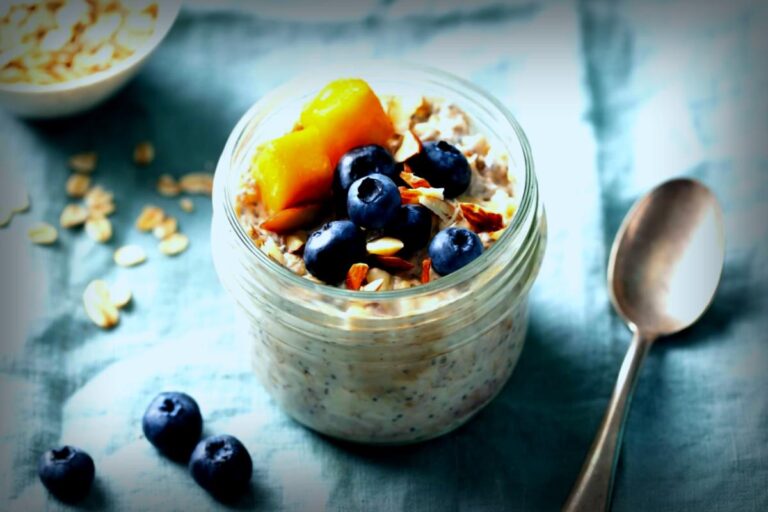So, flu season has officially kicked off! The summer coronavirus wave has cooled down, but the winter spike is likely just around the corner. For those who haven’t yet got their jabs, there’s a lot of chatter about the best timing for flu and COVID shots.
We reached out to a couple of vaccine pros for their take on when and how to get vaccinated. Caitlin Rivers, an epidemiologist from Johns Hopkins and a busy mom of three kids, workshops on tracking viruses, and Andrew Pavia, a veteran pediatrics expert from the University of Utah, share their insights.
Caitlin Rivers’ Vaccination Strategy: Rivers, along with her husband and their three school-age kids, typically makes sure they get both vaccines by the end of October. With the kiddos bringing home all kinds of germs upon returning to school, it’s crucial for them to stay healthy and avoid any missed days. While their risk of severe disease is low, these shots help ensure they continue to thrive at school and work.
For ease, one of her twins got the COVID shot earlier this month during a pediatrician visit. The rest of the family got theirs at a local pharmacy, thanks to a handy text alert. Rivers emphasizes that these vaccines might not fully prevent infection but definitely ease symptoms and help in stopping severe illness. Plus, they reduce the chance of long COVID – you know, that annoying brain fog and fatigue lingering after infection.
Andrew Pavia’s Vaccination Strategy: Pavia, being 69 and part of a higher-risk age group, likes to get his shots in October as well. He snagged his flu shot in early October at work, which was super convenient, and recently got his COVID shot at a pharmacy amidst some earlier confusion over federal recommendations. With patients, especially kids with weaker immune systems, and older adults in his care, protecting himself is essential.
Here’s what both experts think Americans should consider when planning their vaccines.
Timing vs. Convenience
Pavia insists that grabbing a shot whenever it’s easy is key. If you’re at the grocery store and the pharmacy is offering flu shots, why not take five minutes to get one instead of scheduling it later? That way, you’re more likely to get it done.
It’s worth noting that the CDC now suggests chatting with a doctor before getting a COVID shot, but this doesn’t have to be complicated. A quick chat with your pharmacist will do the trick.
One Arm or Two?
Many people are already aware of how they usually react to flu and COVID vaccinations. Some at times experience sore arms from the shot. If you know that’s the case, consider taking them in different arms. Rivers opted for different arms for her shots, while her family chose the same one. Pavia went for separate times when it was convenient for him – whatever works best for you!
Choosing Your COVID Vaccine Version
If you’re someone who feels quite a reaction to the Pfizer and Moderna mRNA shots, you might want to try the Novavax vaccine, which is based on a traditional protein method and typically has fewer side effects, Pavia points out.
For guys aged 12-29, going with Novavax makes sense since it doesn’t carry the slight risk of myocarditis, which is notably associated with mRNA vaccines. It’s a rare condition causing heart inflammation, but health agencies reassure that it’s usually mild in nature, especially compared to COVID.
Pavia mentions that both Moderna and Pfizer vaccines are pretty much alike with no major differences. He and Rivers both tend to choose whichever option is handier; Rivers even doesn’t bother asking about the brand.
Shelf Life of the Vaccines
Now, knowing exactly how long the vaccine shields you is pretty tricky. Most folks get reasonable protection for about six months, but Pavia encourages anyone at high risk to think about getting vaccinated twice a year, considering that older folks lose protection faster.
However, he thinks we shouldn’t make it a hard rule for everyone over 65 to get a booster every six months. If you’re staying healthy and getting boosts from infections and vaccinations, you might be just fine without frequent boosters.
Regardless of age, timing your vaccination is even more important during significant events like weddings or conferences, as it takes roughly two weeks for your body to get the full immune response after being vaccinated.
Framing Your Mind for Flu Season
The flu season’s timing and severity can be totally variable each year. This year looks like it’s just kicking off, according to Rivers.
Generally, flu shot effectiveness dips after five to six months particularly for older adults. Pavia is not too eager to get vaccinated in September, as he feels it may fade before the season peaks. Still, he feels getting the shot in October should sustain protection through March, the typical end of flu season. Though waiting until Halloween can ensure some late-season insurance, Pavia warns that after Thanksgiving it becomes crucial as flu cases usually spike around that time.





















